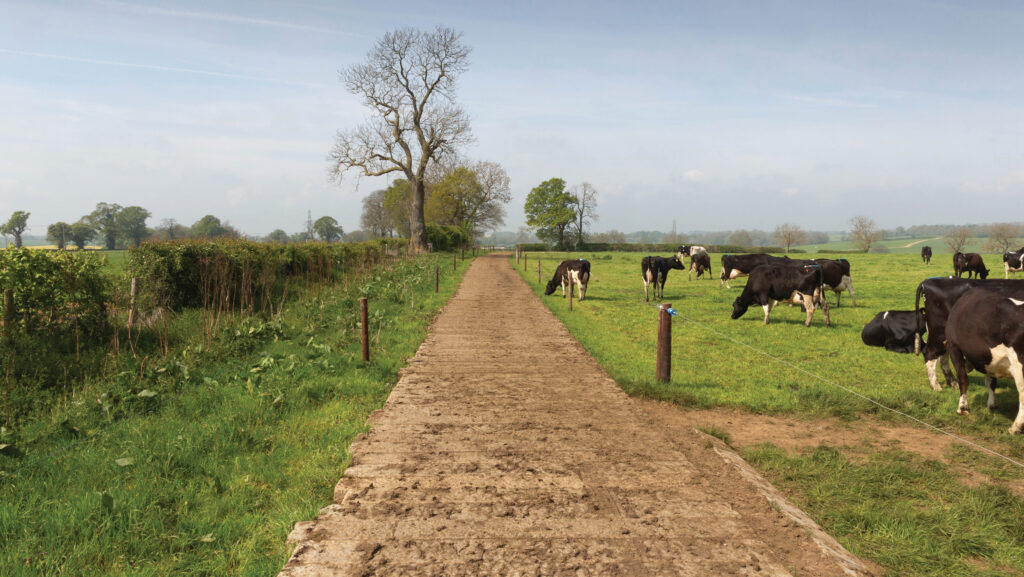How to create a resilient dairy business
 © Tim Scrivener
© Tim Scrivener A resilient business requires resilient people, and among the skills needed to achieve this is expectation management.
This is according to independent consultant Dr Nollaig Heffernan, who specialises in leadership and organisational psychology.
See also: How to prioritise everyday livestock tasks and be more productive
“When you set yourself up to do something and you don’t achieve it, you feel disappointed. We can take that every so often, if we’re in great form,” she said.
“But when you start getting a build-up of disappointment, that will chip away your confidence and undermine your resilience as an individual – your business reflects you, so it will undermine your business performance.
“We know from psychology research that humans are overambitious on a daily basis [because they have unrealistic expectations] and [yet are] underachieving on a long-term basis.”
Nollaig explained that expectation management involves preventing disappointment by establishing, in advance, what can realistically be achieved or delivered by a project or course of action.
This approach involves working with the brain and being aware of what she called “saboteurs” that can otherwise throw people off course.
Habit
She pointed out that many farmers have grown up in farming, picking up skills from a very young age.
They do not need to think about how to do their work. While those habits are valuable in building a business, they can also act as saboteurs, she said.
“You can think of neural pathways as farm roads, [however,] if you’ve been farming since you were two, those neural pathways are deep-set ravines.
“Under stress and pressure, you’ll do what you always did, what’s ‘normal’.
“[An antidote to this response] is to ask: is what I’m doing right, or is it what I’ve always done? Highly effective people will go for the right job, at the right time.”
The latter approach uses the rational human brain rather than the animal brain.
“The brain is target focused. So when you’re changing behaviour, it is critical that you put a deadline on it and your brain can track towards that,” she added.
Planning
Most people, however, tend to underestimate the time it will take to complete a new task, despite knowing that previous tasks have generally taken longer than planned.
This planning fallacy plays out predictably, as they launch into a job only to kick themselves afterwards, because they knew it would take longer than expected – just as it did before.
“We need to be good at thinking about what the potential pitfalls are. This is often described as a pre-mortem – imagining in advance what might happen,” Nollaig said.
To manage the planning fallacy, Nollaig advised continuous review of working practices. “Build that into your system, put it on the calendar. You’re already doing it if you’re grass budgeting or cash budgeting, so it’s just factoring it into your whole system.”
She also recommended using the discounted approach to time planning. “The less time you give yourself to do a job, the more efficient you are. Decide you are the dairy farmer that’s finishing every day at 5.30pm. Don’t fight it – that’s a good time to finish.”
Completing tasks
It is also important to understand that the brain copes much better with completing a task, than leaving one unfinished.
This results in farmers trying to finish more tasks than is possible, or desirable, and is known as the Zeigarnik effect. To counter this, farmers should assign fewer tasks to their daily work.
“Avoid multitasking – this is highly inefficient and cognitively very energy consuming. Pick one task and take it to completion. And stick to the plan, finish at half-five and walk away at that time even if it’s not finished. It will be the first task to address next morning,” Nollaig advised.
Dr Nollaig Heffernan was speaking at the Positive Farmers Conference in Cork (15-16 January).
